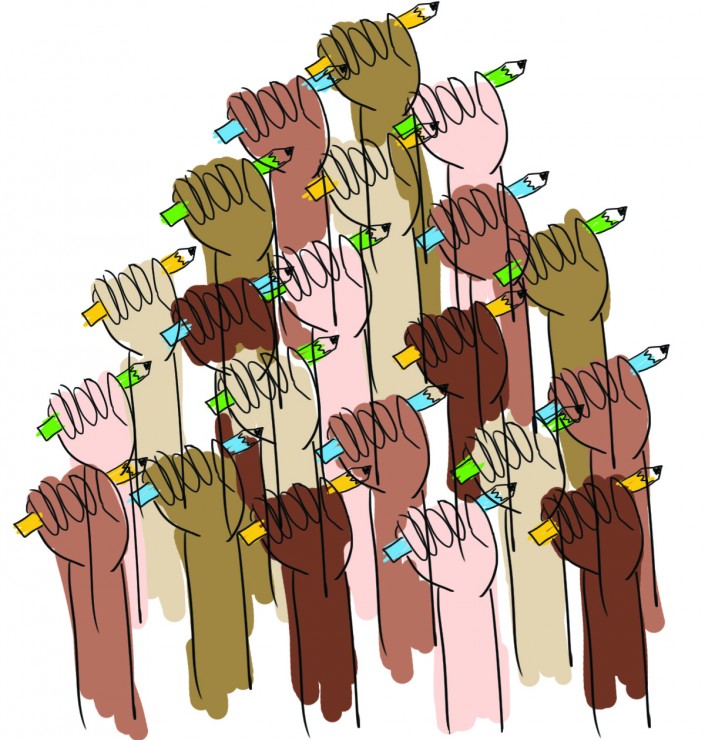The UVic Senate meeting on Jan. 6 left a lot up in the air after amendments to the university’s policy on the use of editing services by students were sent back to committee for revision. The proposed amendments to UVic’s Policy on Academic Integrity (PAI) prohibited the use of editors unless specifically authorized by an instructor; to do so would constitute plagiarism, with a recommended penalty of a failing grade. But wouldn’t that undermine the basic purpose of tutors and editors?
As we wrote in our Jan. 11 report, the proposed PAI amendments prohibited editors in the broadest terms, with the exact language being: “An editor is an individual or service, other than the instructor, who manipulates, revises, corrects, alters or contributes to a student’s written or non-written work.” By that definition, Microsoft Word’s spell-check tool, Grammarly, or even a friend pointing out a typo could all be construed as editing. If that’s plagiarism, students don’t stand a chance.
Paying a tutor, editor, or friend to significantly improve one’s work in order to get a better grade is cheating — in that instance, there’s no doubt that the assignment would no longer be a reflection of the student’s own knowledge. However, the proposed PAI amendments were too far reaching to be beneficial. Not only would they unfairly target and undermine ELL (English language learners) students and students with learning disabilities, who both rely on the the help of tutors and editors to ensure their work is up to par, but they’d also threaten a process by which a huge amount of learning takes place: collaboration.
Starting in elementary school, we are taught to bounce ideas off our peers, and seek help with sentence structure and editing when we need it from our friends. This isn’t to encourage students to rely on others in order to get a better grade, but because collaborative learning is effective. Going through a peer’s work not only helps the student whose paper is being edited, but it’s also an opportunity for a student editor to learn through teaching. The whole process creates a mutually beneficial relationship.
Perhaps the solution is to let each department decide their own editing policies. A blanket statement across all university faculties can be problematic, depending on how assignments are submitted for each department. For example, the Department of Writing’s workshop classes rely exclusively on student editing, with writers giving feedback on each other’s work, then handing in various iterations of drafts. In accordance with the proposed PAI’s language, all students in the writing department would fail every class.
Perhaps the most critical flaw of the proposal was its misconception of students. The proposal’s broad language portrays students as individuals going through the university process in a vacuum, while in reality, our peers are one of the most vital parts of the post-secondary process. We learn better through study, discussion, and collaboration. Cracking down on editing services and the students they help will only create divisions and uncertainty. Rather than rewriting the rules to thwart an imaginary plague of plagiarists, try to understand and encourage the collaboration process. Students can only benefit from it.
P.S. This entire editorial was peer-edited. Please don’t flunk us.







